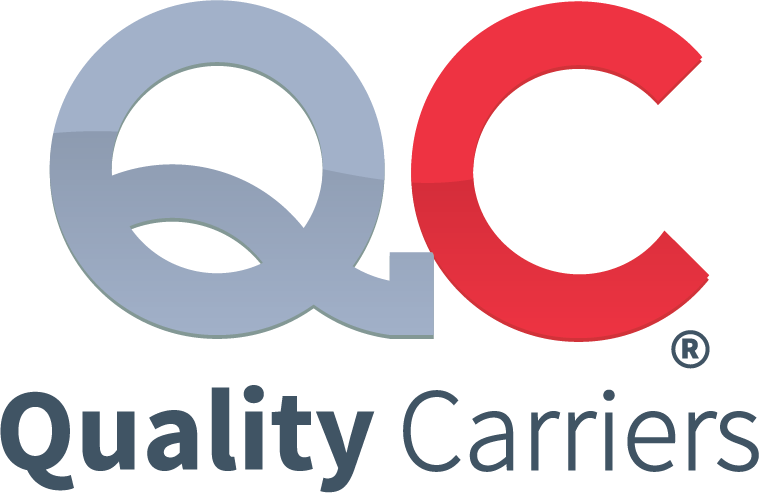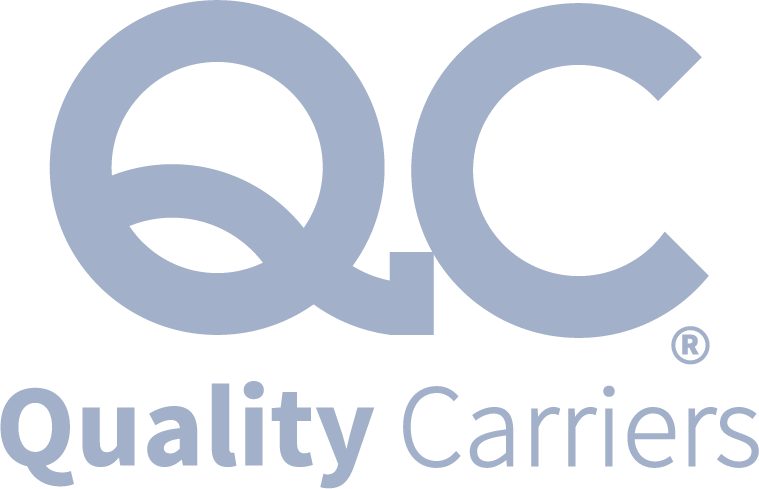Owner operators in the trucking industry enjoy being their bosses, but with that freedom comes the responsibility of managing expenses. If you’re considering a career as an owner operator or are already one, it’s crucial to understand the expenses and costs associated with this profession.
In this blog post, we’ll break down the key expenses owner operators face, providing valuable insights into managing your finances effectively.
The Basics of Owner Operator Expenses and Cost
As an owner operator, you run your own trucking business. This means you’re not just responsible for driving your truck; you’re also responsible for all the associated costs. Here are some of the fundamental expenses you’ll encounter:
1. Fuel Costs

Fuel is the lifeblood of the trucking industry, and it’s also one of the most significant expenses for owner operators. Here’s how to navigate this crucial aspect of your financial landscape:
- Fuel Efficiency: Invest in a fuel-efficient truck and adopt driving practices that maximize fuel economy. This can significantly reduce your fuel costs.
- Fuel Discounts: Many trucking companies offer fuel discounts to their owner operators. Take advantage of these programs to save on fuel expenses.
- Route Planning: Plan your routes carefully to minimize unnecessary mileage and fuel consumption.
- Fuel Cards: Consider using fuel cards with rewards or cashback on fuel purchases, providing additional savings.
2. Truck Costs
Your truck is not just your workplace; it’s also a business asset. Understanding the costs associated with your truck is vital:
- Truck Payments: If you’ve financed your truck, you’ll have regular payments. Factor this into your monthly budget.
- Depreciation: Remember that your truck’s value will depreciate over time. Plan for the long-term costs of maintaining or replacing it.
- Licensing and Permits: Budget for necessary permits, licenses, and registrations to operate legally.
3. Maintenance and Repair Expenses
Regular maintenance is essential, ensuring that the truck is safe and reliable. Unexpected repairs can impose a substantial financial burden. Here’s how to manage maintenance and repair expenses:
- Scheduled Maintenance: Stick to a routine schedule to catch issues early and prevent breakdowns.
- Emergency Fund: Create an emergency fund for unexpected repairs to avoid dipping into your operating budget.
- DIY Repairs: If you have mechanical skills, consider handling some minor repairs yourself to save on labor costs.
- Used Parts: When feasible, opt for quality used parts instead of brand-new ones to reduce repair expenses.
- Maintenance Records: Keep records of all maintenance and repairs, which can help identify patterns and prevent recurring issues.
4. Insurance
Insurance is a non-negotiable expense for owner operators. It’s essential to protect your business, your truck, and yourself. Here’s what you need to know:
- Commercial Truck Insurance: You’ll need comprehensive commercial truck insurance to cover your truck and cargo. This insurance protects you in case of accidents, theft, or damage to your truck.
- Liability Insurance: Liability insurance is essential to cover damages and injuries if you’re involved in an accident. It’s typically required by law.
- Cargo Insurance: If you transport goods, cargo insurance protects you if the cargo is damaged or stolen during transit.
- Health Insurance: As an independent operator, you’ll also need to secure health insurance for yourself and potentially your family.
- Cost Variability: Insurance costs can vary significantly based on factors like your driving history, the type of cargo you transport, and the coverage levels you choose.
5. Taxes
Understanding and managing taxes is a critical aspect of your financial responsibility as an owner operator:
- Record Keeping: Keep detailed records of your income and expenses. Accurate records are essential for filing taxes accurately and taking advantage of deductions.
- Quarterly Taxes: As an independent contractor, you’re responsible for paying quarterly taxes to the IRS. Failing to do so can result in penalties.
- Tax Deductions: There are various tax deductions available to owner operators, including deductions for fuel, maintenance, and home office expenses if you have a dedicated space for your business at home.
- Professional Guidance: You must work with a tax professional to help you comply with tax regulations and maximize your deductions.
6. Food and Drink Expenses

While on the road, food and drink expenses are a part of daily life for truck drivers:
- Budgeting: Create a budget for meals and snacks while on the road. This will help you manage expenses and avoid overspending.
- Healthy Choices: Opt for healthier food options when possible. Eating nutritious meals can help you stay alert and focused while driving.
- Meal Planning: Some truckers choose to prepare meals in advance and carry them in a cooler. This is a cost-effective and healthier option compared to eating out.
- Hydration: Staying hydrated is crucial. Carry a refillable water bottle and reduce the cost of buying bottled water.
7. Cost of Finding Loads
One of the essential aspects of being an owner operator is finding loads to haul. While there are various ways to do this, it’s not without its costs:
- Load Boards: Many owner operators rely on load boards, which are online platforms that connect truckers with available loads. Subscribing to load boards comes with a monthly or annual fee.
- Dispatch Services: Some owner operators opt for dispatch services that find and negotiate loads on their behalf. These services charge a percentage of the load’s earnings.
- Marketing and Networking: Building relationships with shippers and brokers can lead to direct contracts and consistent work. However, attending industry events, marketing services, and networking can involve expenses.
8. Broker Fees
Brokers play a significant role in the trucking industry by connecting carriers with shippers. While working with brokers can be beneficial, knowing the fees involved is essential. Brokers are charged a commission for their services, which varies based on the load and negotiation.
9. Licenses, Permits, Emissions, Tolls
Ensuring that you have all the necessary licenses and permits to operate legally is vital for owner operators:
- Operating Authority: You must obtain a Motor Carrier Operating Authority (MC number) and a United States Department of Transportation (USDOT) number.
- Emissions Compliance: Meeting emissions standards may require upgrades or retrofits to your truck, which can be costly.
- Tolls and Road Fees: Depending on your routes, you may encounter tolls and road fees that can add up over time.
10. Factoring Expenses
Factoring is a financial service that helps owner operators manage their cash flow. This process entails selling your accounts receivable to a factoring company at a reduced rate in return for prompt payment. While this can be a lifeline for cash-strapped owner operators, it comes at a cost. Factoring companies charge a fee or percentage of the invoice amount as their compensation.
11. Transportation Management System (TMS) Subscription
Many owner operators and small carriers use transportation management systems (TMS) to streamline operations. TMS software helps with load booking, dispatching, tracking, and invoicing, among other things. Subscribing to a TMS service can be an added expense, but it can also lead to increased efficiency and potentially more business opportunities.
Becoming a successful owner operator involves driving skills and financial acumen. You can enjoy the benefits of being a boss in the trucking industry by understanding your expenses, managing your income, and making smart financial decisions.
FAQs
Owner operators are responsible for their truck-related expenses, such as truck payments, maintenance, and fuel, while company drivers usually have these costs covered by their employers.
Yes, owner operators can often deduct many of their business-related expenses, including fuel, maintenance, insurance, and truck-related costs, when filing their taxes.
Owner operators can find jobs or loads through various means, including load boards, broker relationships, direct shipper contracts, and working with transportation companies.
Yes, some owner operator jobs, particularly those with dedicated routes or contracts, can offer more predictable schedules and consistent income.









